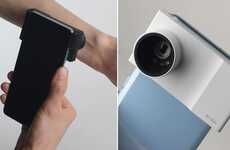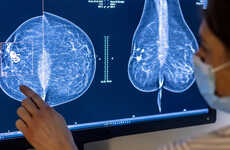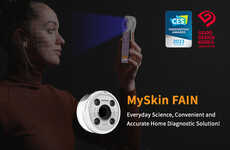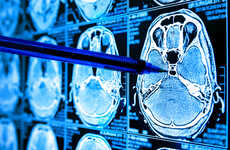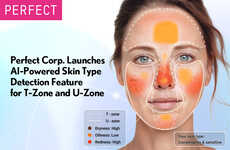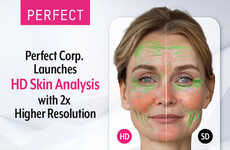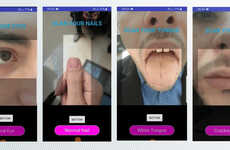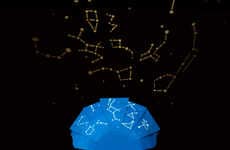
This Deep Learning Algorithm is as Effective as a Dermatologist
Riley von Niessen — January 27, 2017 — Tech
References: news.stanford.edu & engadget
As Engadget reports, those worried about skin cancer may no longer have to only depend on a dermatologist to recognize the signs of it for much longer, as a group of Stanford researchers have developed a deep learning algorithm that works to much of the same effect.
The team of researchers managed this by "training an existing Google image recognition algorithm using over 130,000 photos of skin lesions representing 2,000 diseases." By using these images, they're able to detect different types of cancers and benign lesions with impressive accuracy.
Although early tests have proven the efficiency of the deep learning algorithm, it must go through more extensive tests before it can be implemented for actual medical use. Due to the uncertainty that's currently associated with it, the AI system's true potential isn't fully known, however it's possible that it could be used with a smartphone camera once fully developed.
The team of researchers managed this by "training an existing Google image recognition algorithm using over 130,000 photos of skin lesions representing 2,000 diseases." By using these images, they're able to detect different types of cancers and benign lesions with impressive accuracy.
Although early tests have proven the efficiency of the deep learning algorithm, it must go through more extensive tests before it can be implemented for actual medical use. Due to the uncertainty that's currently associated with it, the AI system's true potential isn't fully known, however it's possible that it could be used with a smartphone camera once fully developed.
Trend Themes
1. AI-powered Skin Cancer Detection - Using deep learning algorithms to detect skin cancer with accuracy that can be comparable to dermatologists, providing a more efficient and accessible option for skin cancer diagnosis.
2. Smartphone-integrated Health Monitoring - Incorporating the detection algorithm into a smartphone camera would provide instant, on-demand skin cancer detection for individuals to track and monitor their skin health regularly and with ease.
3. Image Recognition as Diagnostic Tool - The use of image recognition technologies in medical diagnosis, allowing healthcare professionals to diagnose and treat diseases with greater accuracy and efficiency.
Industry Implications
1. Healthcare Technology - Developing AI-powered algorithms for a range of medical applications, including skin cancer detection which could have the potential to revolutionize dermatology.
2. Smartphone Manufacturing - Developing and integrating mobile technology with healthcare solutions that could improve accessibility and remote diagnosis, promoting greater public health management practices.
3. AI Research and Development - Conducting further research and development of deep learning algorithms and image recognition technologies that can be implemented in medical diagnosis and treatment for various diseases.
3.1
Score
Popularity
Activity
Freshness


